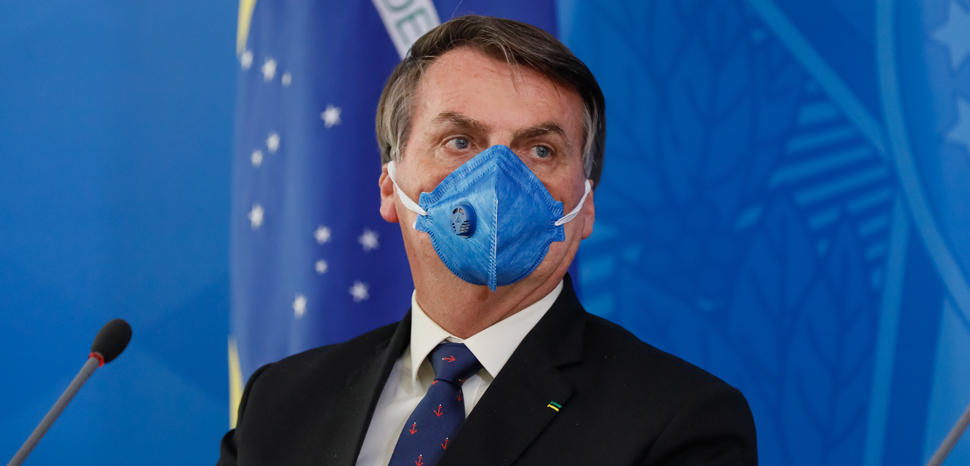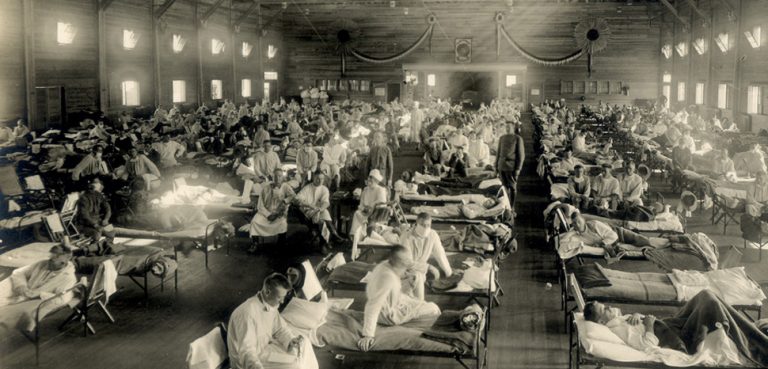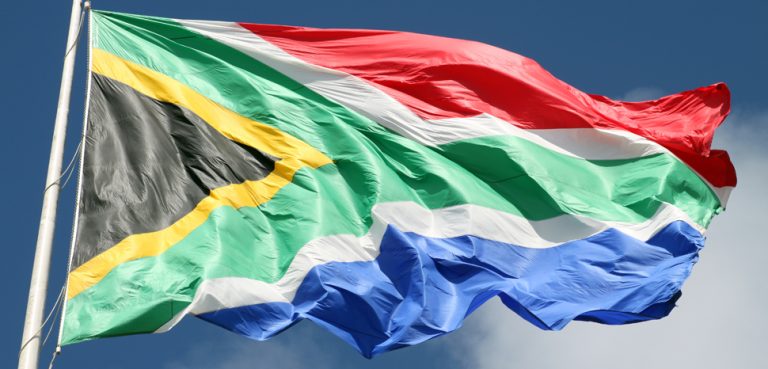As Brazilian athletes were preparing for the upcoming Summer Olympics, a growing global health crisis shifted the government’s attention from winning gold medals to securing testing kits. On February 16th, the Brazilian government ordered the deployment of 220,000 soldiers to hand out educational material to citizens on how to combat the new virus that was ravaging the country, a strategy that proved effective in mitigating the spread of the disease. The year was 2016, and Zika virus was the disease.
Four years later, Brazil is losing the battle against a more formidable enemy, COVID-19. The country has the world’s second-highest death toll, having surpassed the United Kingdom as deaths reached 44,000. As the situation becomes grimmer by the day, President Jair Bolsonaro has chosen to replace his two previous health ministers with an army general to lead the country to battle, even though he lacks a background in public health or medicine. The president, himself a retired army captain who has fondly romanticized the military dictatorship that ruled Brazil from 1964 to 1985, has downplayed the pandemic, calling it a “little flu.” Thus far, Brazil’s COVID-19 response has been so botched that on May 26, President Donald Trump, long-time Bolsonaro ally, prohibited the entry of foreign Brazilian nationals into the United States due to an increased risk of transmission.
Brazil’s rapid response against Zika was hailed as a success by the international community, and it highlighted the country’s emergence as a global power and pioneer in epidemic response and coordination. However, the country’s reaction to COVID-19 has been marred by politicization, sparking friendly fire between politicians and health experts. Unlike the Zika outbreak, where soldiers promoted public health messaging, today’s military and security forces use threats against protesters who demand swift action and adequate protection for the frontline health care workers acting as human shields against the virus. From the start of the spread of COVID-19, President Bolsonaro has consistently downplayed the effects of the virus, choosing to focus more on the country’s economy. His inaction has forced various governors and congressmen to break ranks with him, and to try to push for social distancing measures without the support of the federal government. These asynchronous messages and policies have left the Brazilian people confused and angry. The president’s laissez-faire attitude has led to a shortage of adequate personal protective equipment, undermining the herculean efforts of frontline workers to save their fellow citizens; the battle against COVID-19 has accordingly seen its fair share of casualties. To date, more than 19,000 medical professionals have been infected and 196 have died (among the highest in the world) according to the Brazilian Federal Nurses Council, which has called for various protests throughout the country. President Bolsonaro has evidently lost control over the situation, evidenced by the “statistical coup” he staged on June 5 to prevent publication of Brazil’s cumulative pandemic data.
Statesmen around the world have clung to wartime metaphors during the pandemic, seeking to rally their citizens to adopt strict measures and prepare for the hard times that lie ahead. However, President Bolsonaro seems to have taken the metaphors literally by confirming Army General, Eduardo Pazuello, as the interim heath minister in charge of the pandemic response. Disagreements over the country’s strategy have led to the ousting of two health ministers (both physicians). Luiz Mandetta, the country’s most popular cabinet member with a 76% approval rating, feuded with the president over the promotion of social distancing. In response, on March 16, Bolsonaro sought to undermine his influence by naming Bragga Netto, yet another army general, head of a “crisis cabinet” on the basis that the pandemic’s impacts were broader than just health. After Mandetta was given the boot, Nelson Teich took over as the new health minister, where he lasted in office for less than a month. He tried to balance the president’s economic concerns with those of public health officials; however, he ended up disagreeing with Bolsonaro over the effectiveness of using chloroquine to treat COVID-19 patients. The president sees in Pazuello someone who will fall in line and follow orders rather than challenge his erroneous strategies. The naming of Pazuello as interim health minister, who has in turn appointed 9 top brass military officers to posts within the ministry, has led to increased concerns over the militarization of the health ministry. Unlike the 2016 Zika outbreak, when soldiers were recruited to follow the lead of public health experts for the common good, now the military follows the lead of a power hungry president and his self-serving motivations.
Looking even beyond the COVID-19 response, the Health Ministry’s militarization should be seen as part of a greater attempt by Bolsonaro to methodically appoint more military officials to positions of power. By February 2019, he had appointed 103 military officers to serve in various civilian posts, as part of his political troop. These military appointments started before Bolsonaro even took office, when he named Hamilton Mourão, an army general with more than five decades of military experience, as his running mate. During the forest fires that set large swaths of the Amazon aflame in 2019, the president looked to the military for answers. Even when the fires were extinguished, the military remained active in combating deforestation, at the expense of outraged environmental agencies and activists. The president has sought, unsuccessfully, to organize a celebration of the anniversary of the 1964 military coup and pressured the Education Ministry and public schools to revise their curricula on the military dictatorship. Most recently, President Bolsonaro was seen without a mask marching alongside anti-lock down protesters demanding military intervention. Brazil’s increasing militarization and spiraling COVID-19 caseload have even led to a rise in anxiety and military surveillance in neighboring countries in attempts to prevent the spread of the virus into their territories. As the public health and economic situation deteriorates, cooler heads must prevail to prevent any unwarranted diplomatic or military skirmishes.
President Bolsonaro currently faces a federal investigation and calls for impeachment, a sign of his increasing isolation and waning support levels from his broader coalition, and this in turn likely fuels his ever-growing reliance on military officials. Continuing to empower the military will neither save him politically nor get the COVID-19 outbreak under control. A June 5th projection from University of Washington’s Institute for Health Metrics and Evaluation (IHME) estimates that Brazil’s COVID-19 deaths may skyrocket to 165,000 by August 4th, overtaking the United States as the country with the most casualties, despite only having two thirds the population. Thus far, it seems that the invisible enemy may emerge victorious, unless Brazil’s leadership begins to radically reimagine its strategy and tactics. It can begin by treating the pandemic as the public health issue it is, rather than a romanticized war resulting in needless sacrifice and death.
The views expressed in this article belong to the author alone and do not necessarily reflect those of Geopoliticalmonitor.com or any institutions with which the author is associated.




